A wave of leaked private messages from political group chats has unsettled the American political landscape this month, exposing racist, anti-Semitic, and violent rhetoric from figures representing both the left and the right.
Although originally exchanged in private, the messages — now public — feature racist insults, pro-Nazi sentiments, and explicit calls for violence. Their exposure has sparked serious questions about why individuals in positions of influence felt comfortable sharing such language, even with the risk of being revealed and condemned.
Civil rights advocates and scholars of political communication say the revelations highlight how extremist discourse and hate speech are gradually becoming normalised within US politics, despite decades of civil rights progress that sought to eradicate such ideologies.
While offensive talk behind closed doors is not new, experts note that these leaks are particularly striking because they reveal unfiltered and often shocking opinions of public officials and political operatives.
A Politico report published on October 14 revealed that around a dozen Young Republican leaders had exchanged racist and anti-Semitic remarks on Telegram between January and mid-August — using demeaning language for Black Americans and, in one case, expressing admiration for Hitler.
Earlier, on October 3, the National Review released private texts sent by Jay Jones, a Democratic candidate for Virginia attorney general, in which he wrote in 2022 that a state Republican “should be shot” and bragged he would desecrate opponents’ graves.
Meanwhile, Paul Ingrassia, President Donald Trump’s pick to lead a federal oversight agency, withdrew his nomination this week after reports surfaced that he had referred to himself as having a “Nazi streak” in private conversations — costing him support among key GOP lawmakers.
Experts Warn of False Privacy and Online Extremism
Scholars studying digital culture and political communication say these controversies expose a dangerous illusion of privacy in online spaces. Despite participants assuming their group chats are secure, every message leaves a permanent record that can easily be leaked.
Alex Turvy, a sociologist and contributor to Social Media and Society, noted that political group chats often foster misplaced trust: “People assume their private remarks are safe, but alliances and loyalties change. You’re relying on everyone in that chat to protect you indefinitely — and that’s rarely the case.”
According to Reece Peck, a media culture professor at the City University of New York, the rise of inflammatory speech has been fuelled by social media echo chambers and an online culture that rewards provocative language. He argued that former president Trump’s rhetoric has also shifted the boundaries of what many conservatives consider acceptable speech.
Peck said Trump’s frequent verbal attacks on immigrants and progressive causes have emboldened others to adopt harsher tones. As president, Trump referred to undocumented immigrants as “criminals” and described illegal border crossings as an “invasion.” During his 2024 campaign, he accused immigrants of “poisoning the blood” of the nation — language critics say has intensified hate-driven narratives.
“Many Trump supporters see edginess as authenticity,” Peck explained. “If you say something outrageous, it signals loyalty to the movement. That’s central to Trump-era politics.”
Turvy described this behaviour as part of “edgelord culture” — an online trend where users deliberately share shocking or taboo content to gain attention and maintain relevance within their social groups.
The Black Conservative Federation, a grassroots organisation that once supported Trump’s outreach to Black voters, urged Republican leaders to “unequivocally denounce” the racist messages uncovered in the Young Republicans’ chats.
Stanford political scientist Hakeem Jefferson added that Trump’s public tone has “given cover” to some of this behaviour. “When the president of the United States uses such language, it legitimises imitation,” Jefferson said.
White House spokeswoman Abigail Jackson defended Trump’s rhetoric, saying his remarks about undocumented immigrants addressed “heinous crimes committed by illegal aliens.” She cited a recent California case in which an undocumented man allegedly killed three people while driving under the influence.
The White House, however, did not comment on the racist group chat messages or Ingrassia’s leaked texts.
Fallout Across Party Lines
The revelations have drawn condemnation from both parties. Vice President JD Vance described the Young Republican messages as “deeply disturbing” but also criticised what he called overreaction from some critics, noting that most of the participants were “kids” in their 20s and 30s.
Vance instead highlighted the violent language used by Democrat Jay Jones, whose campaign has since been engulfed in controversy. Jones apologised publicly on October 3, calling his remarks “shameful and indefensible,” and said he had personally reached out to his political opponents to express remorse.
A Washington Post–Schar School poll conducted in Virginia showed a steep decline in Jones’ support following the scandal — reducing what was once a strong lead into a statistical tie.
Among the Young Republicans, several members have been dismissed from their political aide positions or forced to resign from leadership roles. One Vermont state senator stepped down entirely.
Disbanding of Young Republican Chapter
Leaked records spanning nearly 3,000 pages revealed horrifying comments — including racial slurs referring to Black people as “watermelon people,” talk of sexual violence, and mentions of “gas chambers.”
Many of those involved were members of the New York Young Republicans Club, which was dissolved by the state Republican executive committee last week. Others came from chapters in Arizona, Vermont, and Kansas.
In a statement released on X (formerly Twitter) on October 3, Hayden Padgett, chairman of the Young Republican National Federation, condemned the behaviour as “disgraceful” and urged all participants to resign, saying it “contradicts the very values our movement stands for.”
Ingrassia — a former right-wing commentator and Trump’s nominee for the Office of Special Counsel — saw his nomination collapse after Politico revealed his private remarks from last year, where he suggested Martin Luther King Jr. Day “should be abolished and cast into the seventh circle of hell.”
His attorney, Edward Andrew Paltzik, later claimed the messages may have been altered, arguing that, if genuine, they were intended as “self-mocking, satirical humour.”

